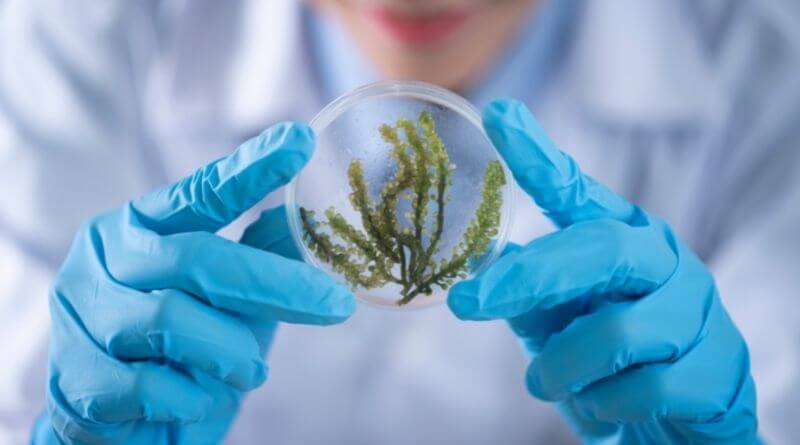Yes, microbiology is an excellent choice for those who are interested in the many mechanisms involved in the food manufacturing process, microorganisms, and other topics. B. Sc in microbiology is a bachelor’s degree program that examines the properties of microbes. The analysis of diverse microbes’ cell shapes, genetics, genetic Engineering, rearing, enzymatic techniques, immunotherapy, fermentation processes, and occupational microbiology are all covered in its curriculum. Microbiology provides interesting employment prospects. A B. Sc microbiology sets a solid basis for a variety of work alternatives in the fields of the virus, micronutrient, bacteria, proteins, hormone levels, parasitic, and mycology investigation and advancement to enhance new techniques to battle illnesses. Some of the most obvious career options are listed below:
- Microbiologists: Microbiologists use several detection approaches, including some analytical techniques, to monitor pathogens in a range of settings. They must create and incorporate novel screening procedures, vaccinations, medications, and cutting-edge pharmaceutical items. They have an enhanced capacity to develop and arrange research inquiries and investigations with a strong degree of accountancy and IT expertise due to their extensive mentoring and experimental skills.
- Nanotechnologists: Nanotechnologists work to develop novel methods, processes, and elements, such as medicines and diagnostic instruments, by studying the multidisciplinary subject of Nano-scale phenomena. In most cases, their workspace is confined to laboratories; however, there are exceptions while working in academics. To build their concepts and apply their experimental outcomes by generalizing the facts. To study and explore Nano-scale systems, they develop, construct, and operate sophisticated equipment.
- Clinical research associate: They create and design trial procedures, work with the disciplinary committee to submit these protocols to an advisory board and ensure that all trial participants’ safety, interests, and well-being are protected. Clinical research associates are in charge of regulatory clearances and procedures that govern medication commercialization.
- Lecturer: Regarding various microbiologists, a job as a professor is an excellent choice since it allows them to research while simultaneously advocating for their industry and actively engaging in their research initiatives. To further their knowledge in the discipline, individuals might enroll in a Master’s or Ph.D. program.
- Food technologist: A food scientist examines and assesses food manufacturing processes to ensure that food traceability is not jeopardized in any way during production. From the early stage through the completed product, they adapt operational practices to build new sustainable methods with enhanced overall safety control methods. They are in charge of cultivating connections with stakeholders and clients to guarantee the operation is lucrative.
- Water quality scientist: A water quality scientist’s job is to protect the fundamental quality of water by scientific inquiry and testing, defining standards and objectives while offering recommendations on how to prevent issues.
You can work in the biopharmaceutical sector, universities, labs, healthcare facilities, academic researchers, regulatory agencies, food service industry, brewing industry, petrochemical industry, agricultural departments, and other sectors with a microbiology certification. If you want to pursue a profession in microbiology and meet the B. Sc microbiology qualifying conditions, you must enroll right away.









